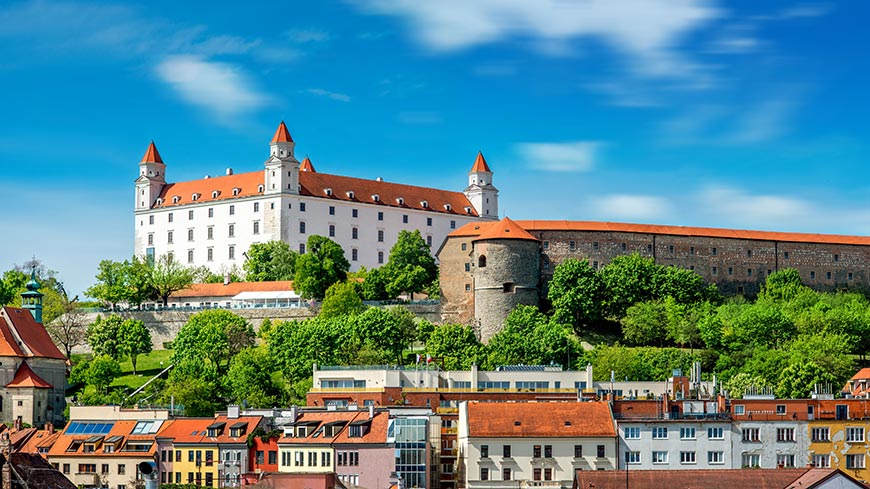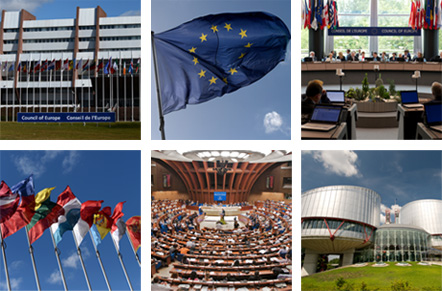In a new report published today, the Council of Europe expert body on trafficking in human beings (GRETA) acknowledges the progress achieved by the Slovak Republic in taking measures to combat human trafficking, but points out a number of shortcomings, such as the need to improve access to justice and compensation of victims, and to ensure that sanctions given to traffickers are dissuasive.
The report acknowledges that in recent years the Slovak Republic has taken some positive steps to improve its legislation and policies to combat trafficking in human beings. In 2017, the adoption of an Act on Victims of Crime gave victims a number of rights, including the right to receive state compensation. In 2018, the government adopted its 5th national programme against trafficking in human beings for the period 2019-2023.
However, GRETA underlines that the Slovak authorities should strengthen their efforts to guarantee that all victims of trafficking have access to justice by granting them legal assistance, regardless of whether they have entered the Victim Support Programme or not. GRETA urges the authorities in particular to guarantee access to compensation for victims. Although a state compensation scheme for victims has been set up, in the period covered by the report only one victim of trafficking received state compensation, and almost none received compensation from the perpetrators.
An issue of particular concern for GRETA is the leniency of sentences given to traffickers - sometimes due to plea-bargaining procedures- which may be undermining the fight against trafficking in human beings. The Slovak authorities need to promptly investigate human trafficking offences, regardless of whether a complaint about an alleged crime has been submitted. It is also essential that human trafficking offences are not re-classified as other offences, because this deprives victims from access to protection and compensation.
The Group of Experts on Action against Trafficking in Human Beings (GRETA) is an independent body which monitors the way countries implement the Council of Europe Convention on Action against Trafficking in Human Beings. So far, forty-six of the 47 member states of the Council of Europe are bound by the Convention, as well as Belarus, a non-member state.



